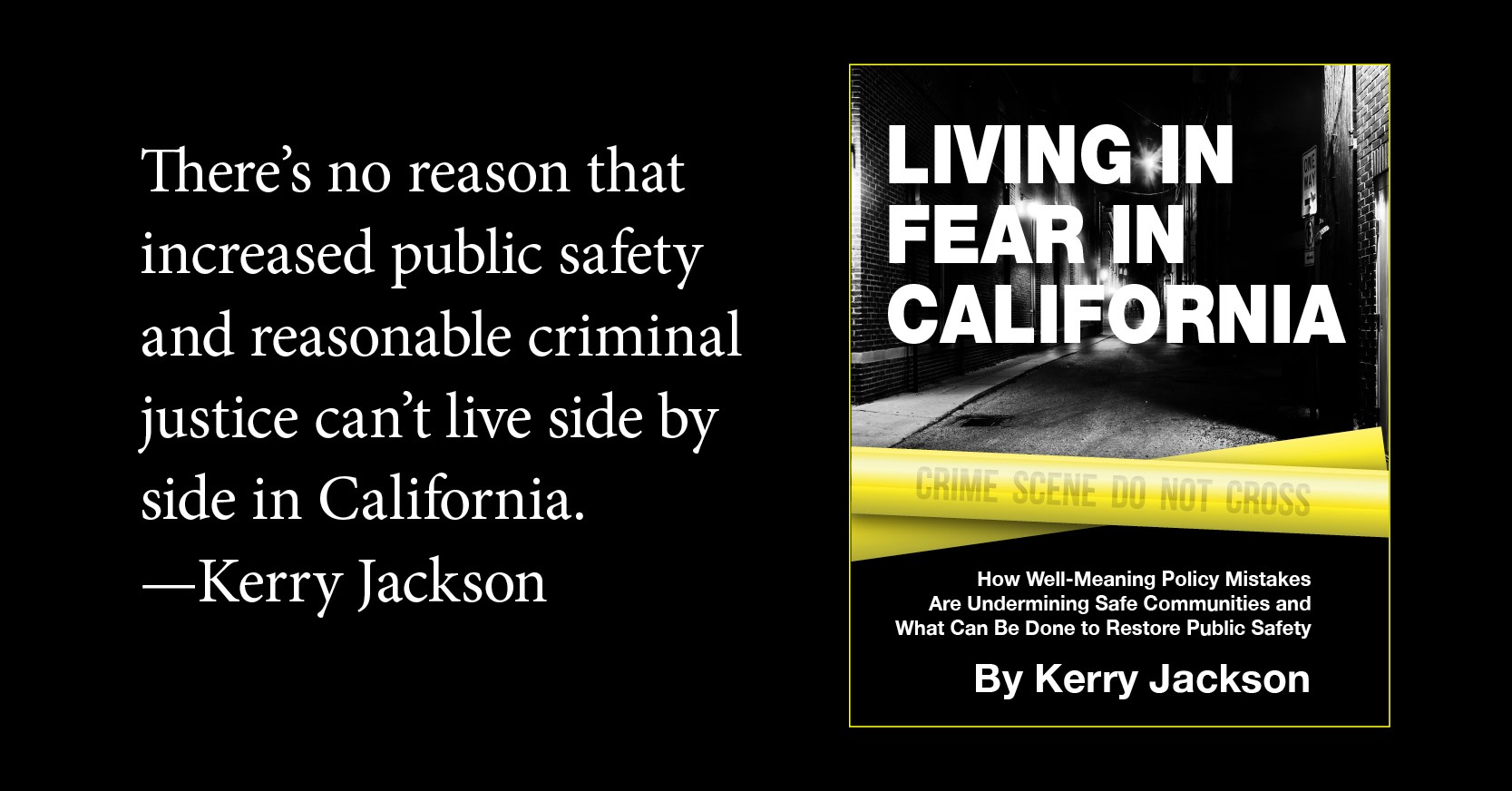If rapidly rising cases of COVID-19 haven’t stopped Los Angelenos from stepping out of their homes — this will.
To carry out the LA City Council’s decision to bow to mob violence and cut $150 million from the Los Angeles Police Department’s budget, the LAPD over the next several months will downsize its robbery, homicide, gang, and narcotics divisions; the Metropolitan division; air support; special deployments in high foot traffic areas such as Hollywood and Venice; and the teams that cover the homeless.
Under the initial reorganization plans, the sexual assault unit will also be dissolved and its dozen detectives will be reassigned. The unit was responsible for the investigation of high-profile cases, including Hollywood producer Harvey Weinstein.
Less headline grabbing but important to everyday Angelenos is that the LAPD will stop responding in person to traffic collisions and minor incidents, and ask victims of misdemeanor hit-and-run crashes and collisions with minor injuries to file a report online. Station desks will only be manned on weekdays.
In an interview with reporter Kevin Rector of the Los Angeles Times, LAPD chief Michael Moore said the $150-million budget forced him to cut 350 sworn positions and will reduce its ranks from about 10,110 sworn officers to an estimated 9,752 by March or April. Many more civilian employees will also lose their jobs. The original LAPD budget was about $1.8 billion.
It was only in 2019 that PRI released its book Living in Fear in California, by our colleague, veteran journalist and PRI fellow Kerry Jackson. At the time, Jackson observed that “California once had the nation’s strongest public safety laws, but voters and lawmakers have recently embraced a radical shift in crime policy.” Fast forward to just a year later and “radical shift” has become a seismic shift.
In Los Angeles, murders this year have increased 20 percent from 2019 according to Crosstown, a nonprofit news organization based out of the USC Annenberg School of Journalism. Crime in the city’s homeless encampments has also risen 31 percent since last year.
While true crime gets short shrift, Mayor Garcetti announced he is ramping up the crackdown on residents and businesses that fail to adhere to the current county public health rules. At a recent press conference, Garcetti said of the pandemic, “Right now is the toughest moment we have faced. And we’re entering an even more dangerous time. We have no reason to believe that the worst-case scenario can’t happen here in our city and county.”
We respectfully differ with the mayor. The consequences of defunding the police in the months and years ahead may make public officials think back to the days when their biggest fears came from party gatherings and people without masks.
Rowena Itchon is senior vice president of the Pacific Research Institute.

